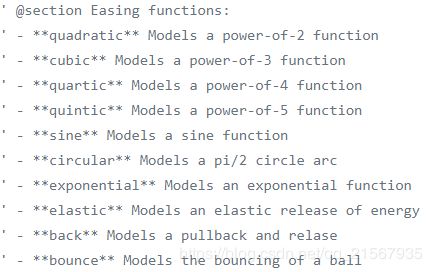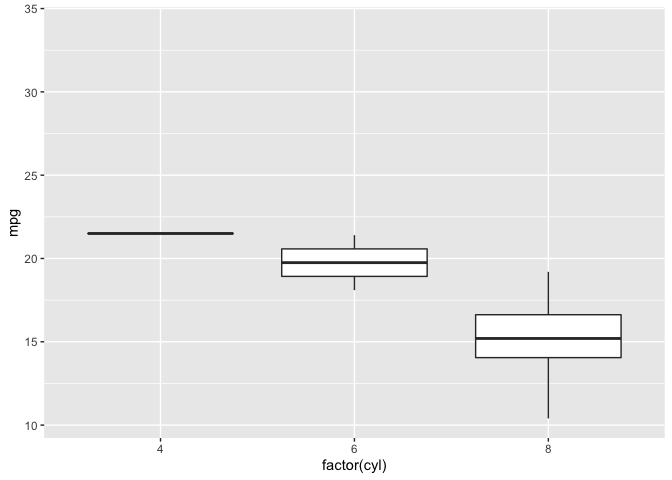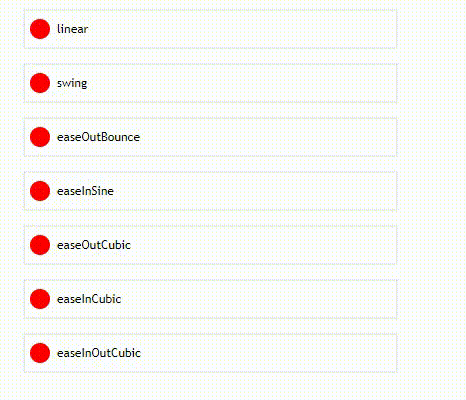R语言学习(九)动态制图——gganimater包
gganimater包和之前的3d包一样,是对ggplot2包的扩展,主要是描绘图表的动态变化。
GitHub——链接https://github.com/thomasp85/gganimate
安装
# install.packages('devtools')
devtools::install_github('thomasp85/gganimate')
示例1——动态箱图
library(ggplot2)
library(gganimate)
library(gifski)
ggplot(mtcars, aes(factor(cyl), mpg)) +
geom_boxplot() +
# Here comes the gganimate code
transition_states(
gear,
transition_length = 2,
state_length = 1
) +
enter_fade() +
exit_shrink() +
ease_aes('sine-in-out')
这里需要安装一个和生成gif格式相关的gifski包。 transition_states是按照给定的列分成不同时态的数据动态显示,这里是将数据按照给定的gear列分成不同组,一组组显示得到动态图。 transition_length为相对的转换时间, state_length为相对的状态停留的时间。enter_fade() 、exit_shrink()、ease_aes(‘sine-in-out’)似乎为某种动画渐变效果(简介太复杂了嘤嘤嘤)。
示例2——动态散点图
这种散点图的动态效果,简直萌化了老夫的少女心!!
library(gapminder)
ggplot(gapminder, aes(gdpPercap, lifeExp, size = pop, colour = country)) +
geom_point(alpha = 0.7, show.legend = FALSE) +
scale_colour_manual(values = country_colors) +
scale_size(range = c(2, 12)) +
scale_x_log10() +
facet_wrap(~continent) +
# Here comes the gganimate specific bits
labs(title = 'Year: {frame_time}', x = 'GDP per capita', y = 'life expectancy') +
transition_time(year) +
ease_aes('linear')
gapminder为各国gdp、生活质量的数据集。 transition_time作用和ransition_states差不多,唯一区别是变化时间长度不再是固定数值,而是选定列数据之间差值,假如选定的列数据为年份,那么年份相隔近的数据变化时间要比相隔远的数据时间短。

作者原页面还提供了关于将其导出为视频格式的代码。
ease_aes() 函数详解
指定动画在不同点上的行进速度
示例:
ease_aes('linear')
ease_aes('linear-in')
ease_aes('linear-in-out')
参数:
这里的参数模型是动画的速度曲线,in,out还要in-out则表示函数的凸凹变化,先凸后凹还是先凹后凸。

这里举个例子,因为找不到好的资料,就把前端类似的图搬过来,下图为不同模型的速度(仅作参考)


